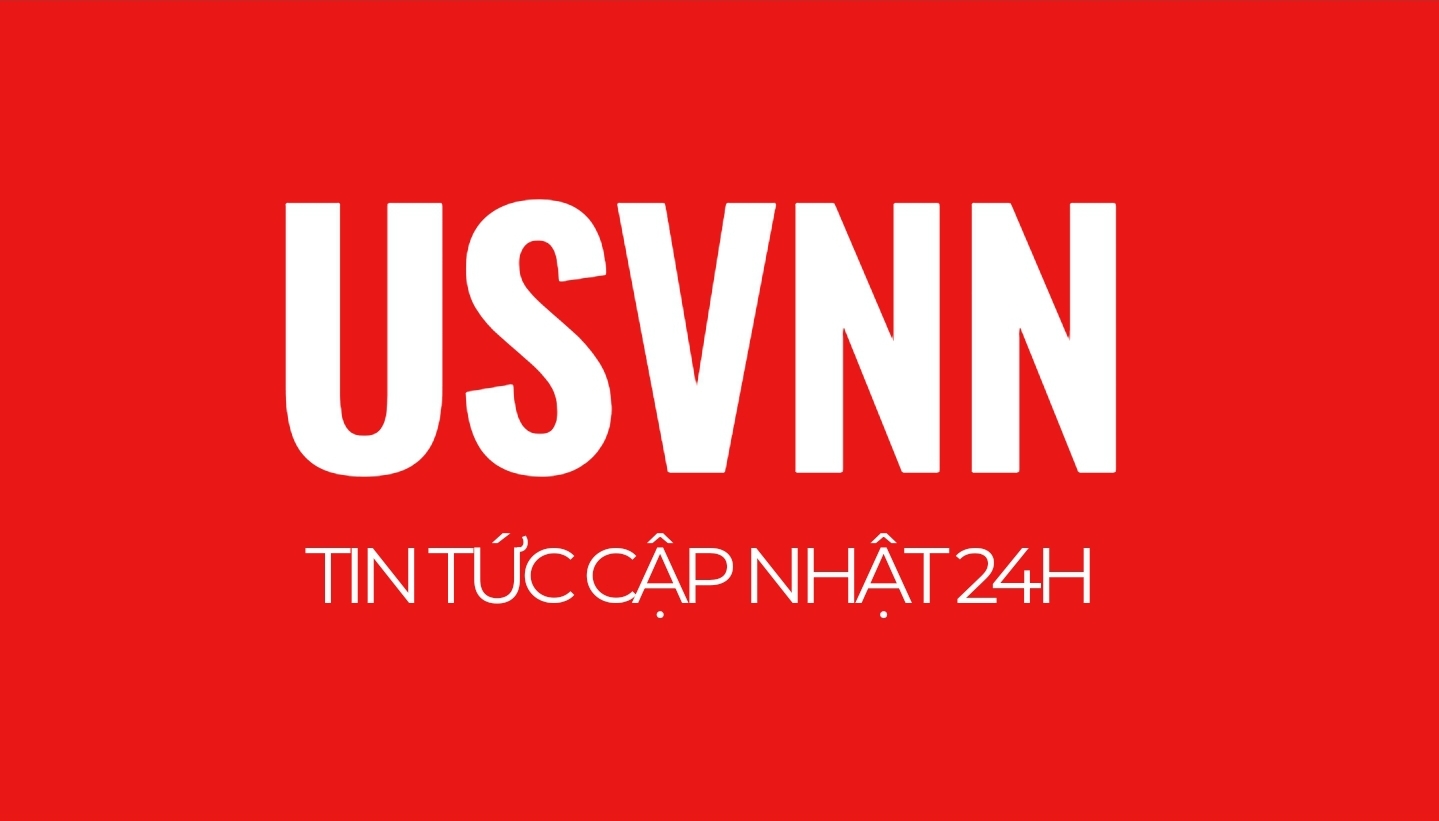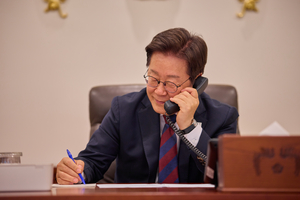Certainly! Here is a rephrased version of the expert summary and analysis, maintaining the original facts and context while using a more journalistic tone and structure:
—
## In-Depth Analysis: South Korea and Türkiye Renew Strategic Ties in First Presidential Call
In a pivotal diplomatic moment, South Korean President Lee Jae Myung and Turkish President Recep Tayyip Erdoğan held their first official phone conversation since President Lee’s inauguration. The call, which took place on July 17, 2025, marked a key turning point in the bilateral relationship, with both leaders voicing strong intent to deepen their countries’ strategic partnership amid a rapidly shifting global landscape.
### A Historical Connection Rekindled
President Erdoğan began by congratulating his South Korean counterpart on his recent electoral victory, calling for closer ties in what he described as a “new era” of relations between Türkiye and South Korea. In response, President Lee recalled the historical brotherhood between the two nations, notably Türkiye’s significant military support during the Korean War as the fourth-largest troop contributor to the UN Command. This shared past, both leaders agreed, lays a firm foundation for strengthening diplomatic trust and cooperation today.
### Economic Collaboration: A Solid Platform
The phone call turned swiftly to economic matters, reflecting the breadth and depth of trade and investment between the two export-driven economies. Over the years, Türkiye and South Korea have forged strong commercial links in sectors such as automotive manufacturing, high-tech electronics, and construction. Acknowledging the volatile global economic climate, both leaders emphasized the importance of safeguarding and expanding this partnership. Citing mutual strengths in technology and global competitiveness, they expressed a desire to explore new trade avenues and strategic investments.
### Defense Industry: A Strategic Priority
A standout theme from the conversation was the mutual interest in boosting ties within the defense and arms sectors. Both nations are currently investing heavily in developing indigenous military technologies and are looking to collaborate on joint development, production, and technology transfer. For Türkiye, which seeks greater defense autonomy amid Western procurement challenges, this represents a step toward self-sufficiency. For South Korea, the partnership opens up new opportunities to broaden its arms export markets and retain its competitive edge in the increasingly contested defense-tech space, particularly with the rise of China in autonomous weapons systems.
### Nuclear Energy: A Vision for Shared Power
Another major issue discussed was nuclear energy. South Korea, a global leader in nuclear power plant design and operations, is eyeing Türkiye’s growing nuclear ambitions as a strategic opportunity. Türkiye is currently planning its second nuclear plant in Sinop as part of its efforts to diversify energy sources and reduce reliance on fossil fuels. Seoul is among the top bidders for the project. Both presidents explored the possibility of a long-term energy partnership that could include not only plant construction but also technical expertise sharing, workforce development, and safety initiatives.
### Green Energy and Sustainable Growth
In tandem with nuclear cooperation, both leaders highlighted climate change and green energy as key future pillars of cooperation. With mutual goals of carbon neutrality, Türkiye and South Korea are each investing heavily in renewable energy technologies, especially wind, solar, and hydrogen. They signaled interest in jointly pursuing smart grid infrastructure and green innovation, potentially creating new green jobs and industries while positioning both countries as leaders in the global transition to a low-carbon economy.
### Artificial Intelligence and the Digital Frontier
Artificial Intelligence (AI) emerged as another exciting area of bilateral engagement. Both nations boast dynamic tech ecosystems and are boosting government support for AI R&D. Potential joint ventures could target sectors such as industrial automation, smart infrastructure, cybersecurity, and healthcare. There is strong alignment between the two countries on leveraging AI to secure a competitive edge in the digital age.
### Diplomatic Exchanges: An Invitation for Growth
As a further sign of intent to elevate ties, President Erdoğan extended a formal invitation to President Lee for a state visit to Türkiye. Such high-level exchanges are expected to accelerate pending agreements and add diplomatic momentum to new initiatives—particularly in areas like energy, defense, and technology.
### Broader Implications: Influence Beyond Borders
The evolving partnership between Türkiye and South Korea carries significant ramifications beyond their bilateral sphere. As influential middle powers in their respective regions, East Asia and the Middle East, both nations are seeking to broaden their international coalitions and assert more strategic autonomy. Their collaboration signals a willingness to explore new geopolitical alignments and could contribute to more diversified and balanced regional architectures.
### Economic and Technological Upside
The anticipated economic and technological outcomes of enhanced cooperation are compelling. South Korea stands to gain new markets for its advanced technology exports and reduced exposure to geopolitical tensions in traditional trade corridors. Türkiye, in turn, secures access to next-generation technologies, deepens integration with global value chains, and elevates its industrial output through partnerships in key innovation sectors.
### Vision for the Future
At the heart of the discussion was a shared vision: a forward-leaning, comprehensive partnership capable of addressing the complex challenges of the 21st century. The conversation showcased a commitment not just to honoring historical ties but to creating a relationship driven by innovation, sustainability, security, and mutual growth.
### Conclusion
The first presidential call between Lee Jae Myung and Recep Tayyip Erdoğan comes as a promising reset in Türkiye–South Korea relations. The wide-ranging discussion—from green energy to AI, from defense cooperation to nuclear infrastructure—demonstrates both countries’ readiness to move toward a strategic, multi-sectoral alliance. With a state visit on the horizon and mutual priorities clearly outlined, this renewed partnership signals a dynamic phase of bilateral diplomacy underpinned by history, strategy, and shared aspirations for the future.
—
Let me know if you want this version translated into Vietnamese or summarized for a news brief.


